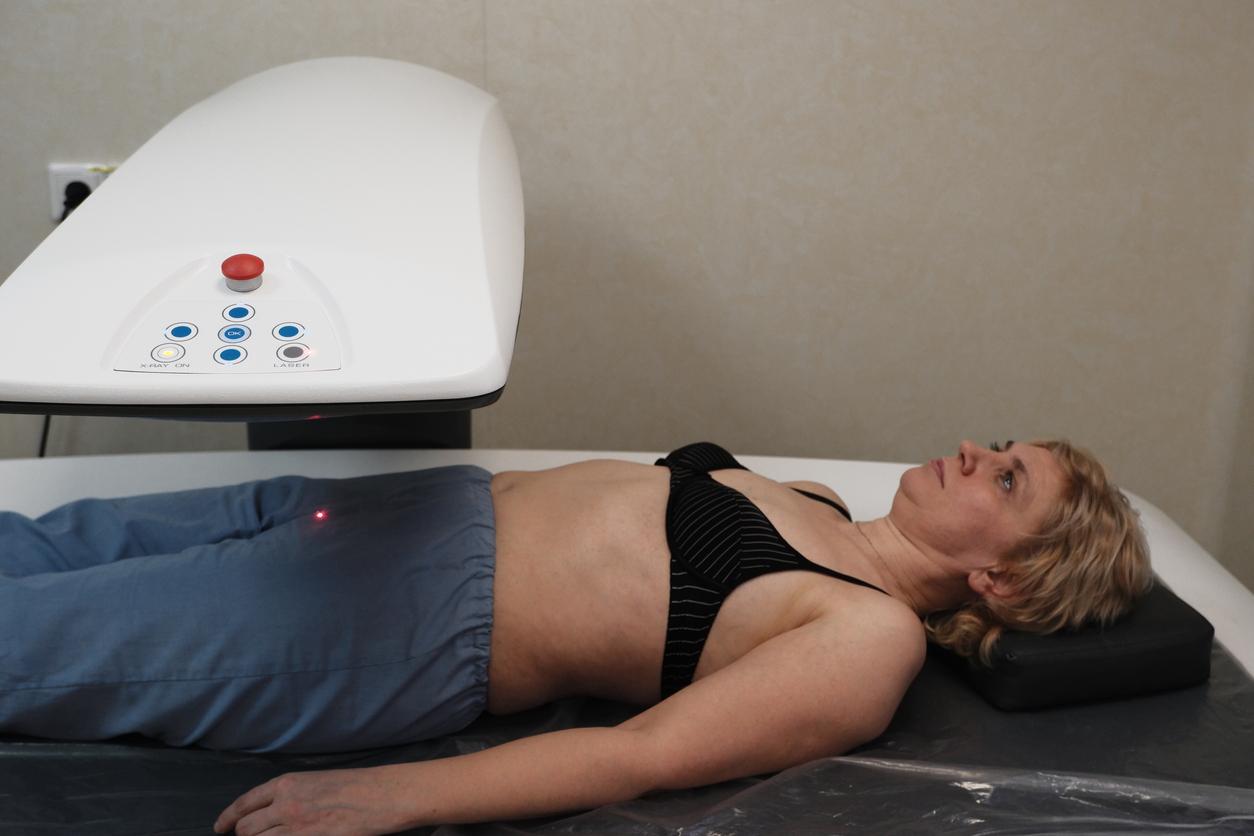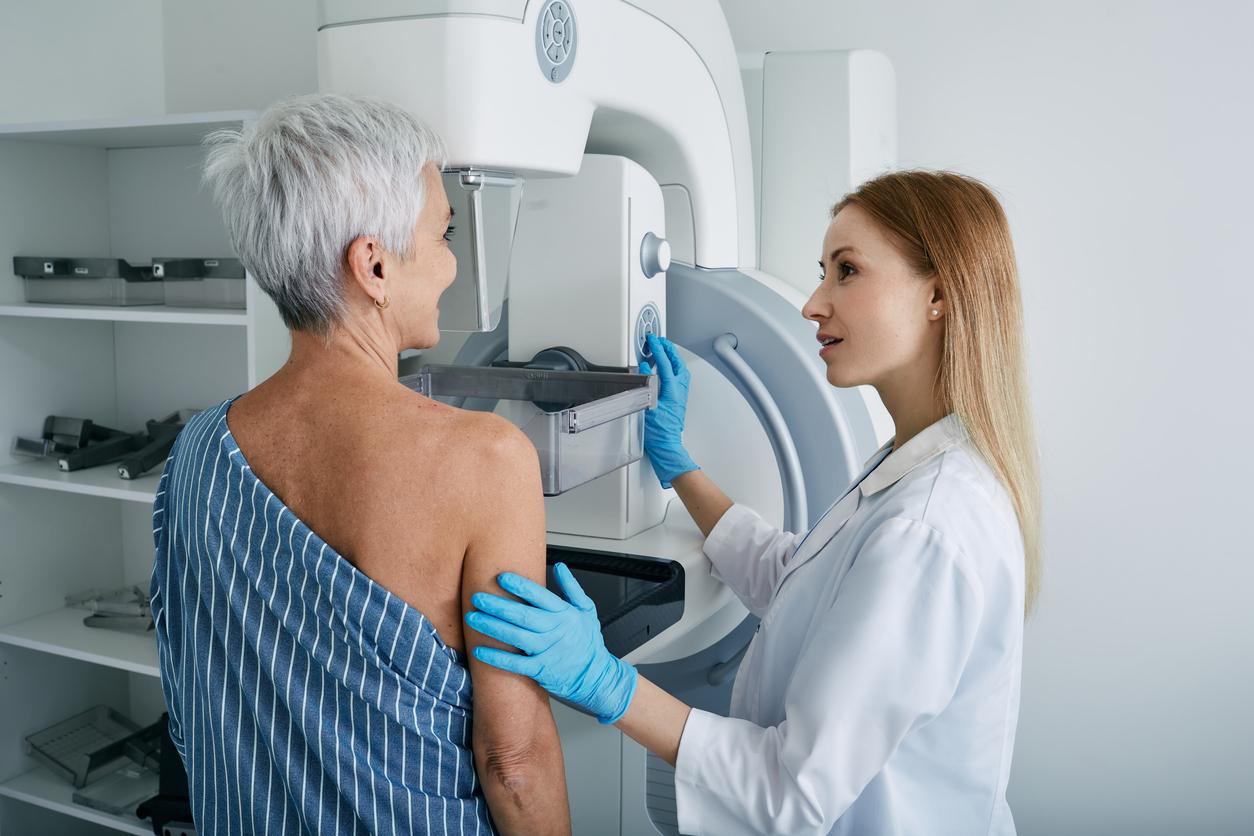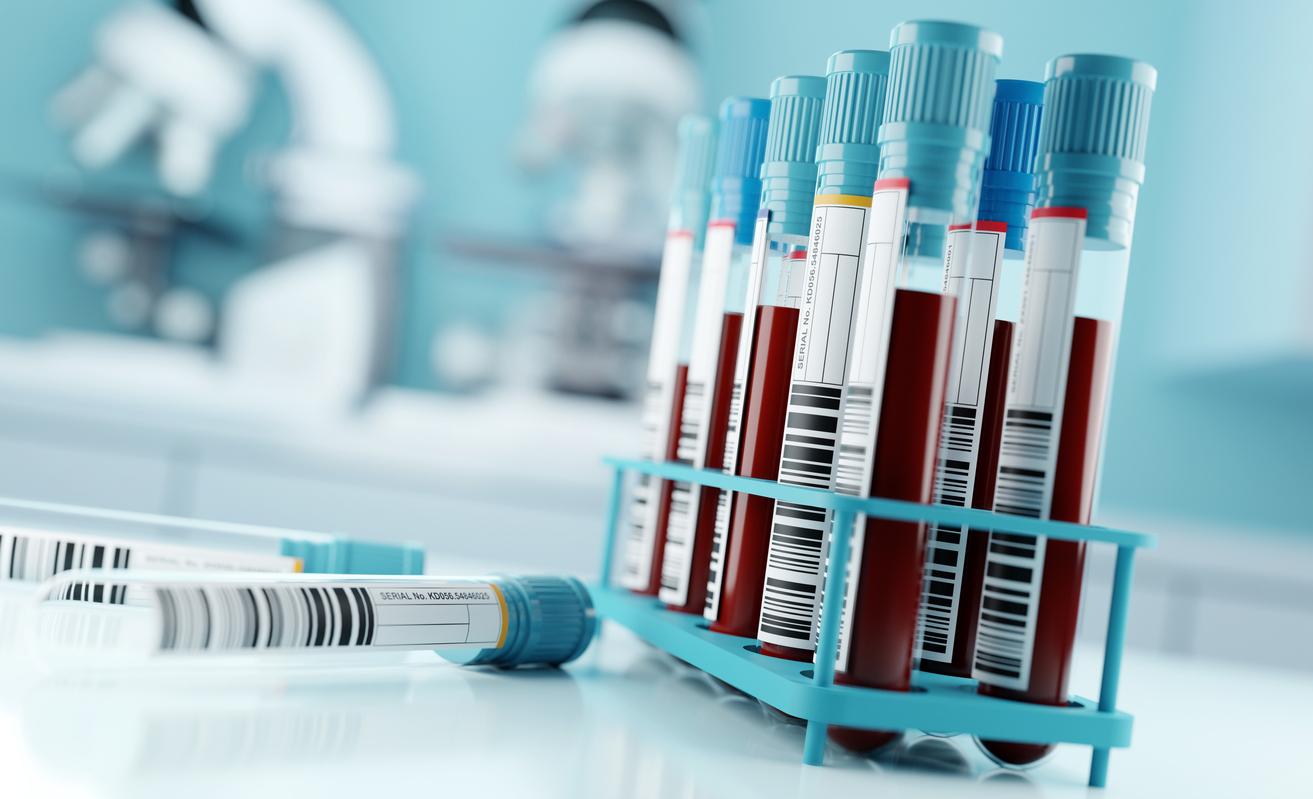The National Consultative Ethics Committee (CCNE) gave the green light this Thursday, April 25 for the gradual introduction of new fetal genetic tests in order to screen for trisomy 21 in maternal blood. This type of analysis will make it possible to reduce the number of invasive and risky examinations. like amniocentesis.
Current screening consists of an ultrasound in combination with two blood markers during the first trimester of pregnancy. Depending on the result, the doctor may suggest an analysis of the fetal chromosomes or karyotype. These examinations are carried out via a biopsy of the future placenta in the first trimester or by amniocentesis in the second semester. The risk of miscarriages associated with this examination is between 0.3% and 1%, or around a hundred cases per year in France.
The new maternal blood test significantly reduces this type of risk while maintaining excellent performance. But CCNE insists that it is a screening test and not yet a diagnostic method replacing the karyotype. Basically, if the test on maternal blood is positive, you will still have to undergo a karyotype examination.
In its opinion, the Committee tries to anticipate the upheavals to come in the field of prenatal diagnosis and its consequences.
From now on, reading and analyzing the genes of a baby by a simple blood test of the mother is possible thanks to new medical techniques which progress very quickly. Moreover, blood DNA tests have been circulating in the United States and Europe for a few months. For a price ranging from 1,200 to 1,500 euros, it is possible, with good reliability, to look for genetic abnormalities from the first weeks of pregnancy. A practice regretted by organizations which fear the risks of eugenics (a genetic selection which aims to improve the human species).
This is the reason why the CCNE was contacted in July 2012 by the Directorate General for Health. For the moment, the idea of offering this genetic test for trisomy 21 as a first-line treatment to all pregnant women is not being considered due to technical and economic constraints, explains CCNE. But the situation could change soon.
>> To read also: Knowing the sex of the baby from 7 weeks it works!
Testimonials: I had a baby after 40 years
What is the risk of my child having Down’s syndrome?


















